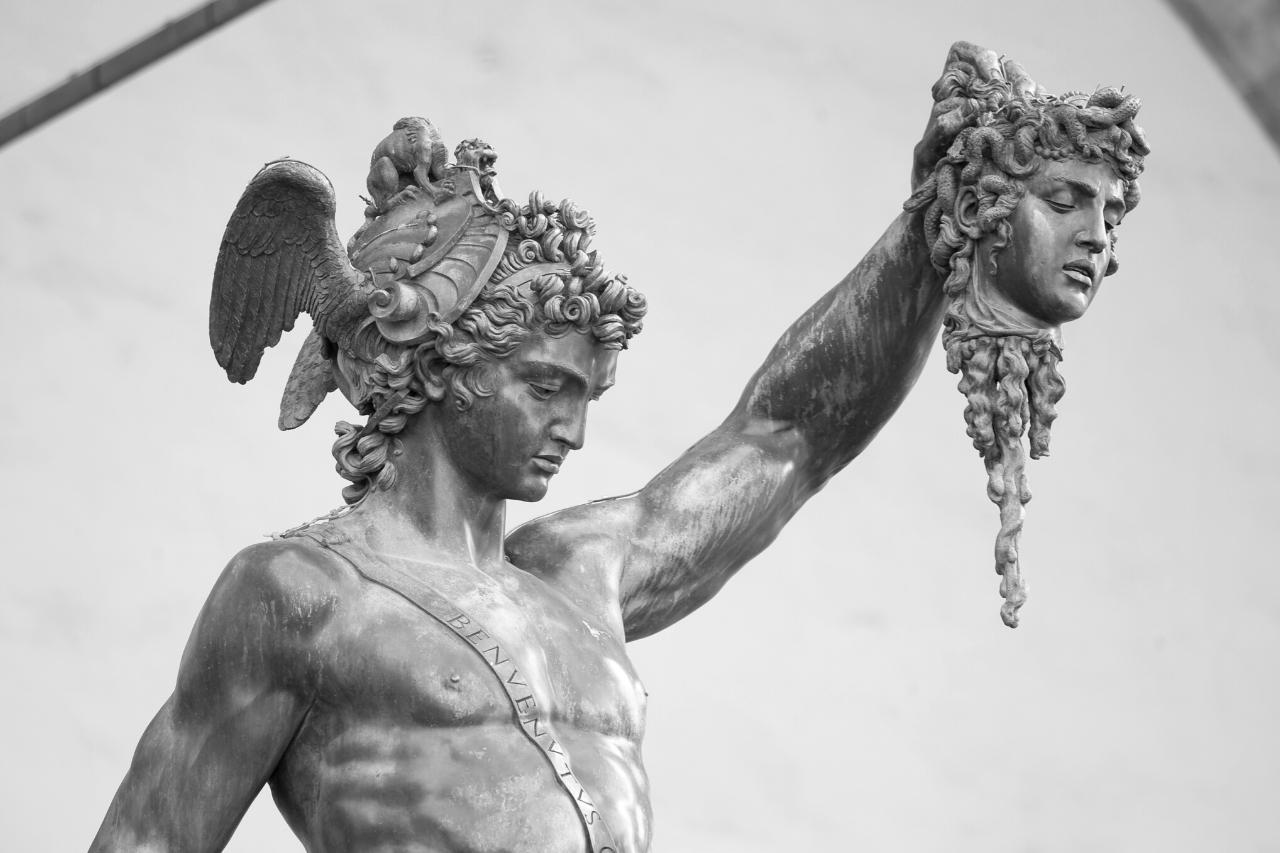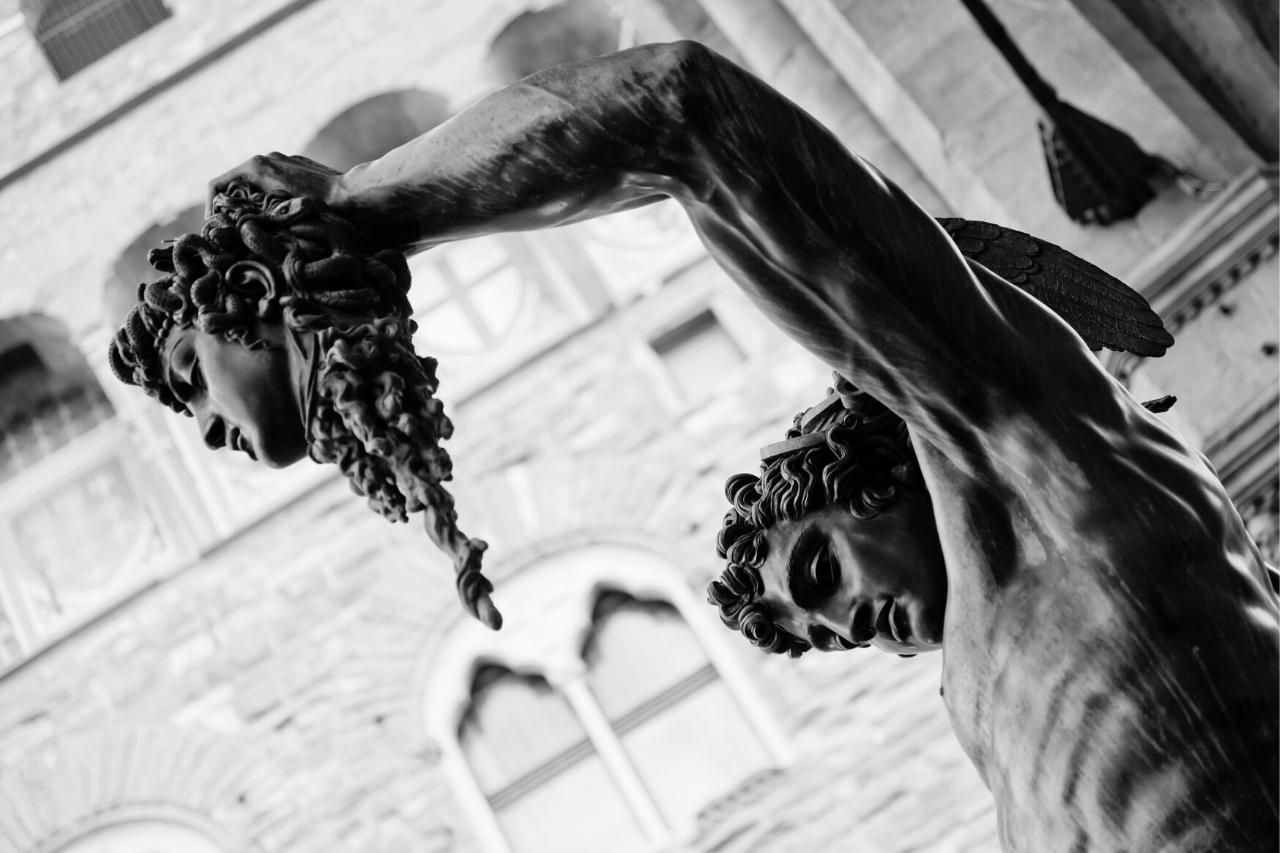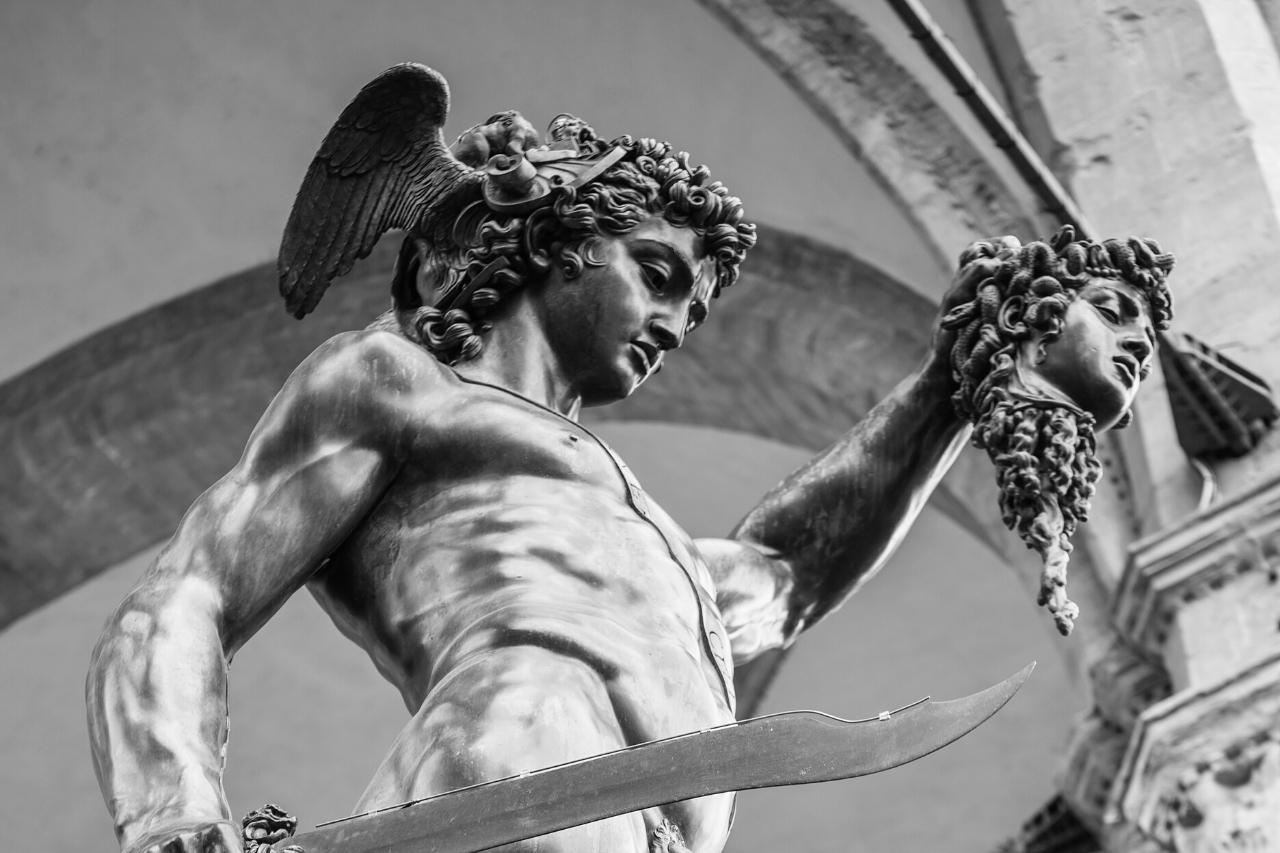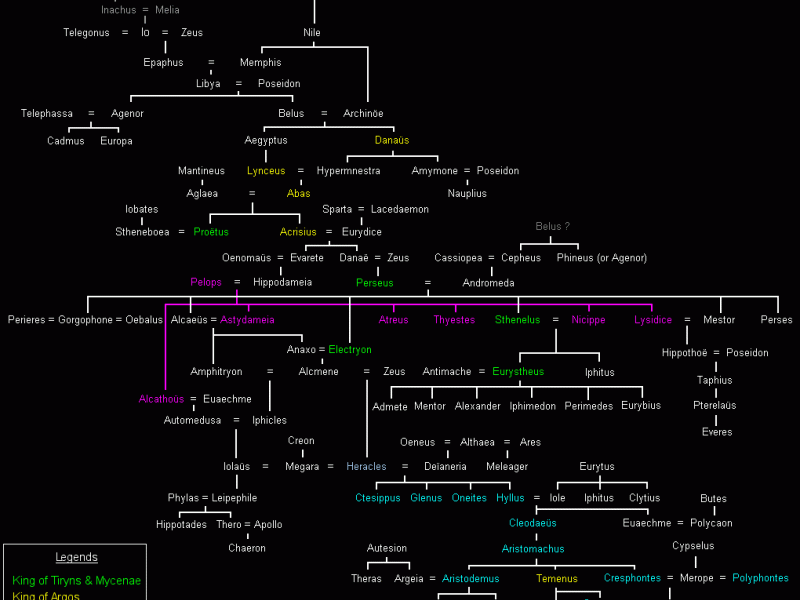How Did Perseus Die: A Riveting Tale of Revenge
How did Perseus die?
The question is often asked knowing that Perseus was a very famous personality in Greek mythology. He was a demigod and was known as the slayer of many monsters.
This article brings the answers to all your question about Perseus’ death, the events leading up to his death, and the character who murdered him.
How Did Perseus Die?
There are many theories related to Perseus and his death. The most commonly proposed theory is that Perseus was killed by Megapenthes, a rival king. The second most popular story is that Perseus killed himself through Medusa’s head and the final theory is that Perseus simply became immortal and was taken up to the stars. Each theory poses some truth to the events but only one of them is true.
Perseus was the son of Zeus, the prime Olympian king, and Danae, a mortal daughter of a king Acrisius of Argos. This means Perseus was a demigod of half-mortal and half immortal descent. He was a brave warrior of Greek civilization.
Perseus and Polydectes
The tale of Perseus and Medusa is what made Perseus so famous apart from his fighting skills. This all started when Polydectes wanted to marry Danae, Perseus’ mother. Perseus’ mother was very beautiful and was impregnated by Zeus when he appeared in front of her in the form of a golden shower.
Polydectes was the king of an Island and he fell in love with Danae. He wanted to marry her and keep her in his palace on the island. But there was one very big problem in his way and that was Perseus. Perseus was now of sound age and understood his surroundings well.
Perseus did not want Polydectes to marry his mother, so Polydectes thought of a way to get rid of Perseus. He invited everyone to a big gathering and asked everyone to bring something valuable. Perseus had nothing valuable so Polydectes asked him to bring the head of Medusa for him.
Perseus and Medusa
Perseus set on a journey to find and bring back the head of Medusa. Medusa was one of the three monstrous Gorgons, she had venomous snakes instead of hair on her head. Anyone who looked straight into her eyes was turned into stone in no time.
Zeus and Poseidon came to know that Perseus was going to kill Medusa for her head and in return use it to show Polydectes his true powers.
They gave him flying shoes, a sharp sword, a bag to carry the head, and a very polished shield. Perseus approached Medusa’s lair at night as she lay, deep in her sleep.
Perseus saw Medusa sleeping in the reflection on the shield and with one swing, separated the head from Medusa’s body. He brought back the head to Polydectes and proved his bravery. Polydectes in return let the notion of marrying Perseus’ mother go.
How Did Perseus Die By Megapenthes
Perseus was a young man when he slew Medusa’s head. His death came shortly after. On his way to getting Medusa’s head, he met Andromeda who he later married. Perseus had a lot of enemies as he had lived a life of bravery and war, no doubt a lot of creatures were unhappy with him.
The great Perseus was killed by Megapenthes. Megapenthes had to kill Perseus in order to avenge the death of his father.
Perseus and Megapenthes
Megapenthes was a king in ancient Greece where he ruled two kingdoms, Tiryns and then Argos. He was the son of Proetus, King of Tiryns. He was also the nephew of Acrisius, the King of Argos. Proteus had killed Acrisius, Achilles’ grandfather, to gain control in Argos.
When Achilles returned and saw that Proteus killed his grandfather, he returned and killed Proteus by turning him into stone, by using Medusa’s head that Perseus had recently come by. Some say that Perseus did not mean to kill Proteus but only scare him; nevertheless, after Proteus’ death, Magapenthes became the King of Argos.
As revenge for killing his father, Megapenthes invited Perseus to Argos, his way to portray his invite as a call for new beginnings and forgetting the past. Perseus and his men were then ambushed and killed by Megapenthes. This was how he avenged the death of his father, Proteus, and in the end, kept Medusa’s head and Argos as well as Tiryns for himself.
A happier ending for Perseus is what would have been best for him. Furthermore, whenever he died he left behind a great legacy of his battles, bravery, and demeanor. His biggest achievement was the slaying of Medusa to save his and his mother Danae’s honor. He will surely be remembered in great words and with the utmost respect.
This is one of the most famous stories related to his death. The other famous theory that is proposed is that Perseus did not die. He was one of the few demigods who got to live the rest of their lives happily and to the fullest.
FAQ
Who Killed Perseus?
According to one of the most famous theories in the history of Greek mythology, Megapenthes killed Perseus. Megapenthes avenged the death of his father by murdering Perseus in cold blood. The other theory narrates that Perseus accidentally killed himself by looking straight into the eyes of Medusa’s severed head.
Did Perseus Have a Happy Ending?
According to a popular theory, Perseus was one of the few lucky demigods who lived a happy life. He had a natural death and was not killed in a war or because of a dispute. Given the history of Greek mythology, the theory might seem too good to be true as the demigods always found themselves in the middle of problems and wars.
How Old Was Perseus When He Died?
There is no definitive number in the mythology that describes the age of Perseus when he died. From the timeline of Greek mythology and the ancient texts, it can be concluded that Perseus was a young man when he died. however, Perseus was a demigod which means the immortal side of his genes must have played a role in his health and aging.
How Did Perseus Kill Medusa Without Turning To Stone?
Perseus killed Medusa when she was sleeping with her eyes closed. As her eyes were closed and she was sleeping, Perseus snuck into her chambers and with a very polished shield, saw her reflection and proceeded to kill her. Perseus killed Medusa with a single swing of his sword that separated her head, leaving the rest of the body on the bed.
Why Did Perseus Need Medusa’s Head?
Perseus needed Medusa’s head because Polydectes asked him to get it for him. Polydectes wanted to marry Danae, Perseus’ mother, and Perseus did not want that. So when Polydectes threw an event and asked everyone to bring something valuable, Perseus had nothing. In return, Perseus asked Polydectes to name anything that Perseus could get for him and Polydectes asked for Medusa’s head.
Conclusion
Perseus was killed by Megapenthes, who avenged his father’s death and killed Perseus in cold blood. This theory is very famous when describing the reason behind Perseus’ death but this is not the only theory.
Here we bring you the most important things to remember from this article:
Perseus was the son of Zeus and Danae. Zeus impregnated Danae when he appeared in front of her in the form of a golden shower.
Polydectes wanted to marry Danae and Perseus was against it. To remove Perseus from his path, Polydectes asked Perseus to bring him the head of Medusa.
Perseus killed Medusa in the night when she was asleep. He looked for her reflection in the polished shield and separated her head from her body in one swing.
There are many theories regarding the killing of Perseus. Some say that Perseus was killed by Megapenthes, a rival king. The second most popular story is that Perseus killed himself through Medusa’s head and the final theory is that Perseus simply became immortal, lived a happy life, and was taken up to the stars when his time finally came.
Perseus left a great legacy behind him. He will surely be remembered in ages to come for his bravery and honor. His tale has been incorporated into many modern-day series and shows. Here we come to the end of the story of Perseus and his death.







